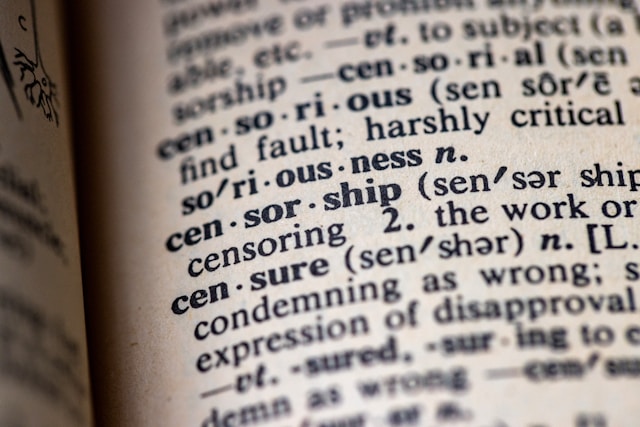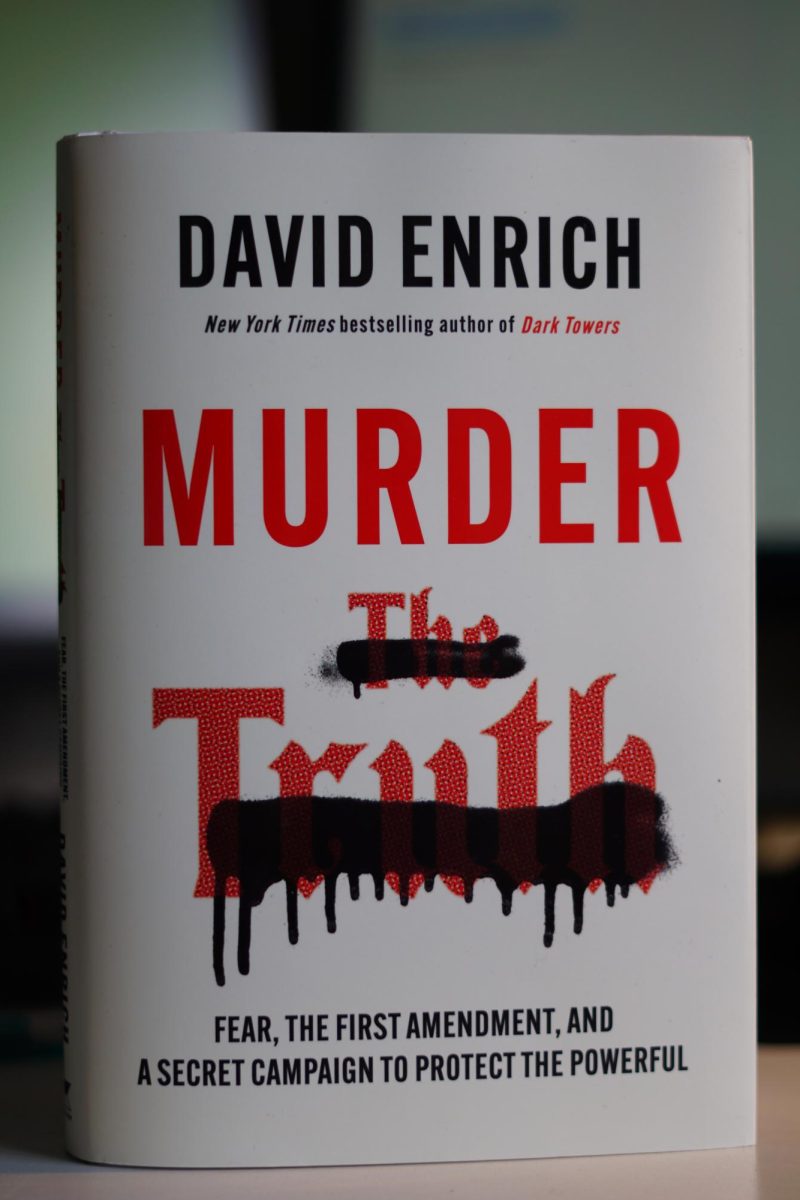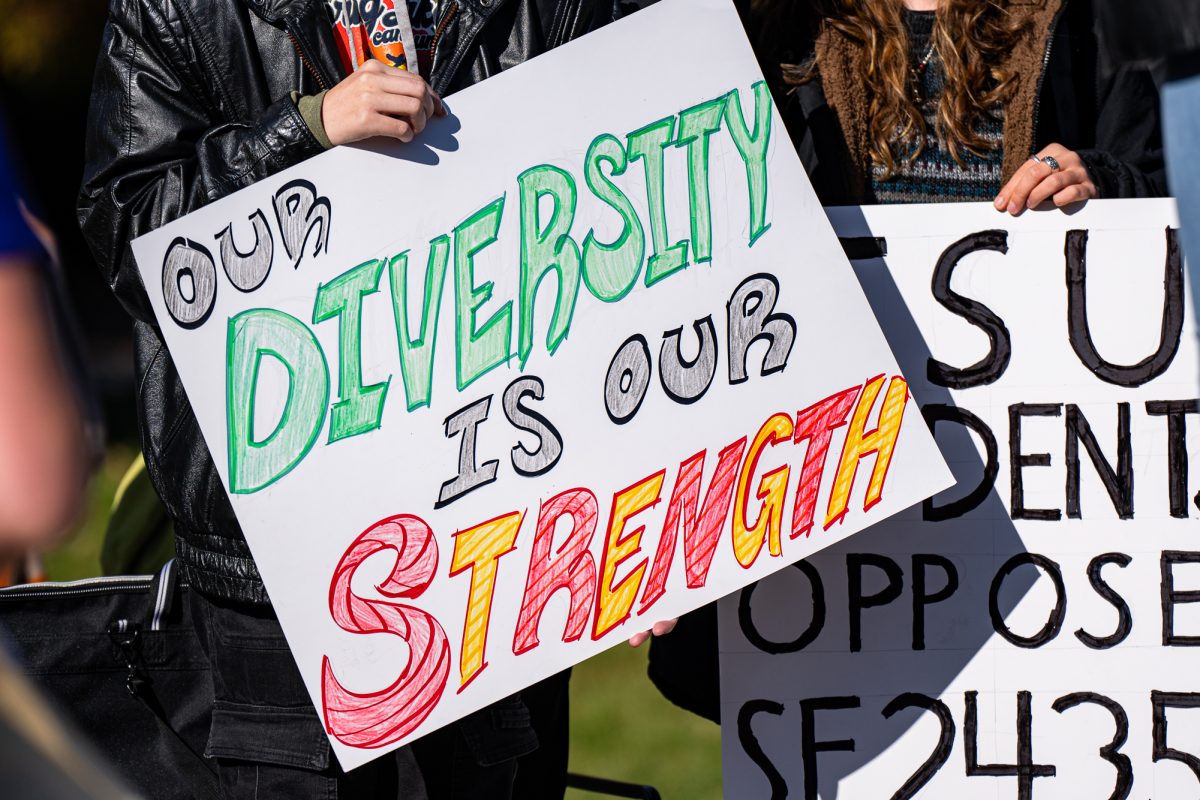Unbeknownst to former Secretary of State John Kerry, the success of Western civilization was not the product of an Orwellian Ministry of Truth. It was not the product of self-appointed fact-checkers. Nor was it the product of specially cultivated knowledge of one single individual. It was created by the collective consequential knowledge of the public over thousands of years.
Yet, Kerry–who most recently served in the Biden Administration as the first United States Special Presidential Envoy for Climate–has resorted to launching a bitter assault on the First Amendment and those who defend it. In his mind, a Sauron-like eye should be overseeing speech in this country.
Last week, during a World Economic Forum panel concentrated on Green Energy, Kerry was forthcoming about how he, like so many others in his party, views the First Amendment as an impediment to their goals. Answering a question regarding the public debate over controversial climate coverage, Kerry disturbingly said, “There’s a lot of discussion now about how you curb those entities in order to guarantee that you’re going to have some accountability on facts, etc. But, look, if people only go to one source, and the source they go to is sick, and, you know, has an agenda, and they’re putting out disinformation, our First Amendment stands as a major block to be able to just, you know, hammer it out of existence.” With statements as foolish as this, it’s hard to know whether to attribute ignorance or malice.
This sort of reasoning is predicated on the faulty assumption that contested topics considered resolved by a subset of the population–namely “experts” and intellectuals–justify government intervention to muzzle dissent. What the left fails to realize is that a government monopoly on truth is a frightful proposition. Whom does Kerry hope to “hammer” out of existence? How exactly would he execute this?
The likely answer, omitted from his own remarks, is that under such a policy, the government would be the arbiter of truth and, as suggested, disciplinarian of free thought. This is the antithesis of Western values. The inviolable right to express one’s beliefs is indispensable. And attempting to enforce governmentally ordained truths on hundreds of millions of Americans is a path that leads only to the dark side.
But Kerry is correct about one thing: the First Amendment does indeed prevent the government from hammering opposing views from existence. That is precisely what Kerry and those in his circle cannot stand. To them, it is outrageous for lay people to disagree with conclusions they judge incontrovertible. Whether or not those conclusions undergo rigorous evaluation is insignificant. It only matters that heterodox positions are crushed and dissidents ruined.
This kind of rhetoric follows a deep-seated stream of anti-free speech language from the left. For example, a clip recently resurfaced of Vice President Kamala Harris’s running-mate Gov. Tim Walz, saying there is “no guarantee to free speech on misinformation or hate speech, and especially around our democracy.” Obviously, Harris has impeccable judgment.
The phrase “hate speech” that Walz cites does not refer to American laws against violent calls to action like physical threats or deceptively shouting “fire” in a busy space. It refers to laws in other countries restricting offensive speech. For example, the Canadian government restricts statements that offend an identifiable group. Of course, calculating what is offensive is at the discretion of the Canadian government, just like every other country with hate speech laws.
This distinction is important. The United States government cannot constitutionally regulate speech for being offensive. True free speech is a staple of America’s longevity. The First Amendment has lasted more than two hundred years. It has survived war and hardship. It has stood the test of time, and its durability ought to be respected.
Now, this column is not an endorsement of anonymous X trolls as sources of consequential information. Rather, it is a criticism of censorious rhetoric and a defense of people’s right to determine who to read and what to believe. People should be suspicious of politicians suggesting changes to long-standing institutions that have brought freedom and prosperity to generations of people–especially when it is something as precious as the First Amendment. While both offensive words and falsehoods are bad, government tyranny is far worse. To quote Friedrich Hayek, “If we wish to preserve a free society, it is essential that we recognize that the desirability of a particular object is not sufficient justification for the use of coercion.”








